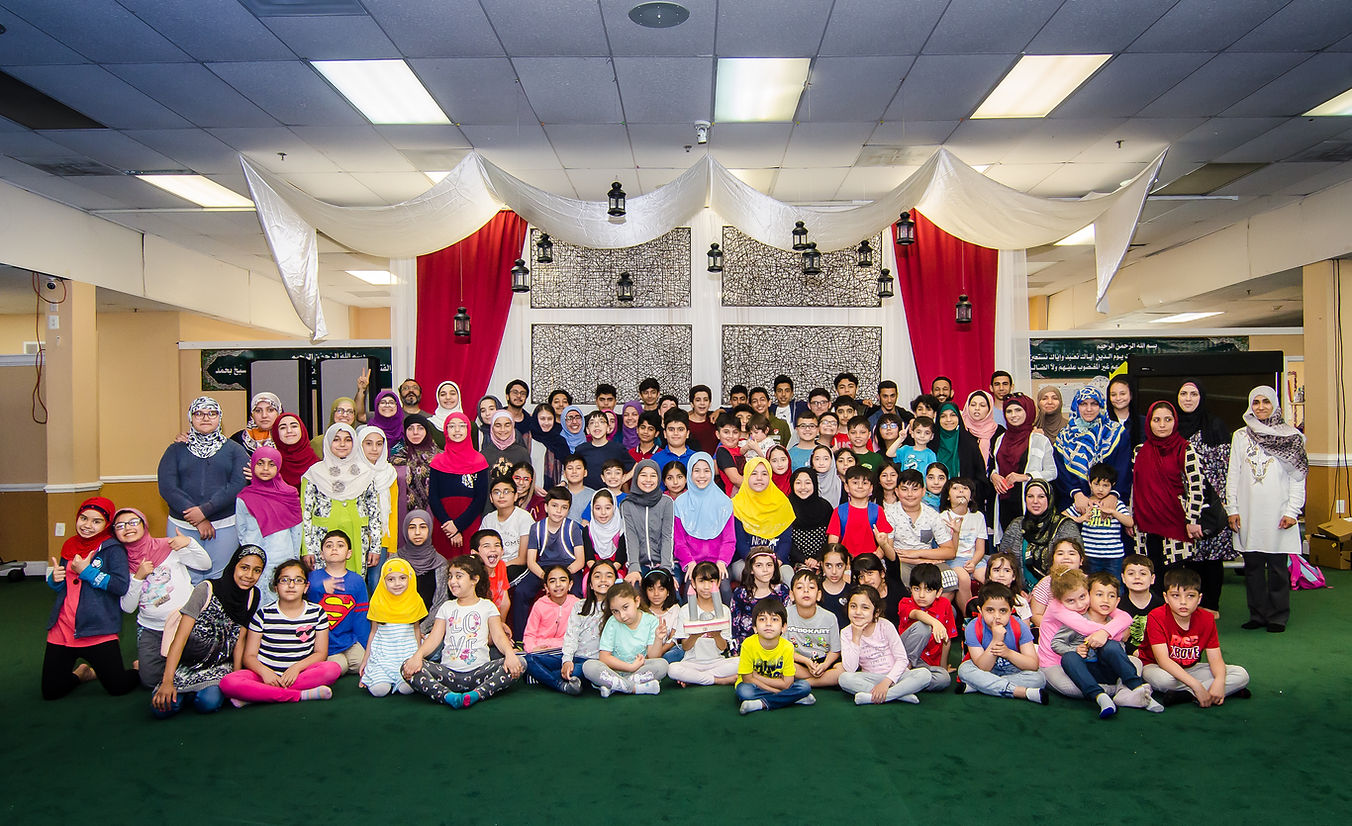Tips for Surviving Ramadan with your Muslim Students, if you Aren't Muslim
- Hawraa Zakery
- May 3, 2019
- 3 min read

Tips for Surviving Ramadan with your Muslim Students, if you Aren't Muslim
A guide to understanding your students better
Perhaps you know that 1.6 billion Muslims worldwide, 3.45 million in U.S celebrate the holy month of Ramadan. If you live or teach in a diverse community, such as Northern Virginia, like I do, chances are you have a number of Muslim students in your class. This article means to help you understand some Dos and Don'ts as a non Muslim teacher so you can connect with your Muslim students during their most important month of the year, Ramadan.
Here are some basic facts:
Muslims fast from sunrise to sunset for approximately 30 days in the ninth month of the Islamic calendar.
Ramadan is celebrated as the time when the first verses of the Quran were revealed to the Prophet Muhammad in 610 CE.
While fasting in other religious contexts is for mourning or penance, fasting during Ramadan is celebratory and a time of gratitude and thanksgiving to Allah.
In this month, Muslims, more than any other month, stay away from gossiping, bullying, cursing and more. So fasting is not only about not eating or drinking, it is also about self control and practicing patience. Therefore, Ramadan is the month with least record of violence, rubbery and other criminal activities in all Muslim nations.
Eid is the celebration day at the end of the month when families and friends get together to thank Allah for all their blessings. They serve good food, dress up and exchange gifts.
Long story short, Muslims are most content, spiritual, giving and forgiving during this month because they believe their creator is going to forgive their sins and give them another opportunity to start over by the Eid day.
Now here are some Do’s and Don'ts to help you get through this month with your Muslim students:
Do not be surprised if your sassy female student all the sudden wears a headscarf! Muslim community tends to practice more during this holy month. So instead of acting surprised, tell her how beautiful she looks! Believe me, she appreciates hearing that.
Do not question your student's sudden sincere kindness. For Muslims, this month is a time to focus on their faith and also perform generous acts. People raise money and donate supplies to help others in need, they make and share traditional food, help others and care to perform random act of kindness more than their usual.
Do not assume your student is being forced to fast when you catch them starving at lunch time. Many Muslim kids feel special and “grown up” when they fast. To ensure everyone is well nutritioned, Muslims wake up before dawn and have a family meal before fasting time starts. So your students is definitely not starving. Instead of asking them if they are hungry, tell them you are amazed with their strength.
If you find your Muslim students tired and sleepy, do not blame their families for neglecting their children’s bedtime, instead provide some accommodation if possible. Muslims utilize Ramadan’s nights to reconnect with families and participate in prayers.
Finally,
If you want to impress your students with your awareness, greet them with "Ramadan Mubarak" which means "Have a blessed Ramadan." After June 5th, you can say “ Eid Mubarak”. Such short phrases can transform you from a random teacher, to their most respected one.
I wish you a Happy Ramadan, too. I hope with open mindedness and mutual respect, we can create a world full of success and prosperity.






Comments